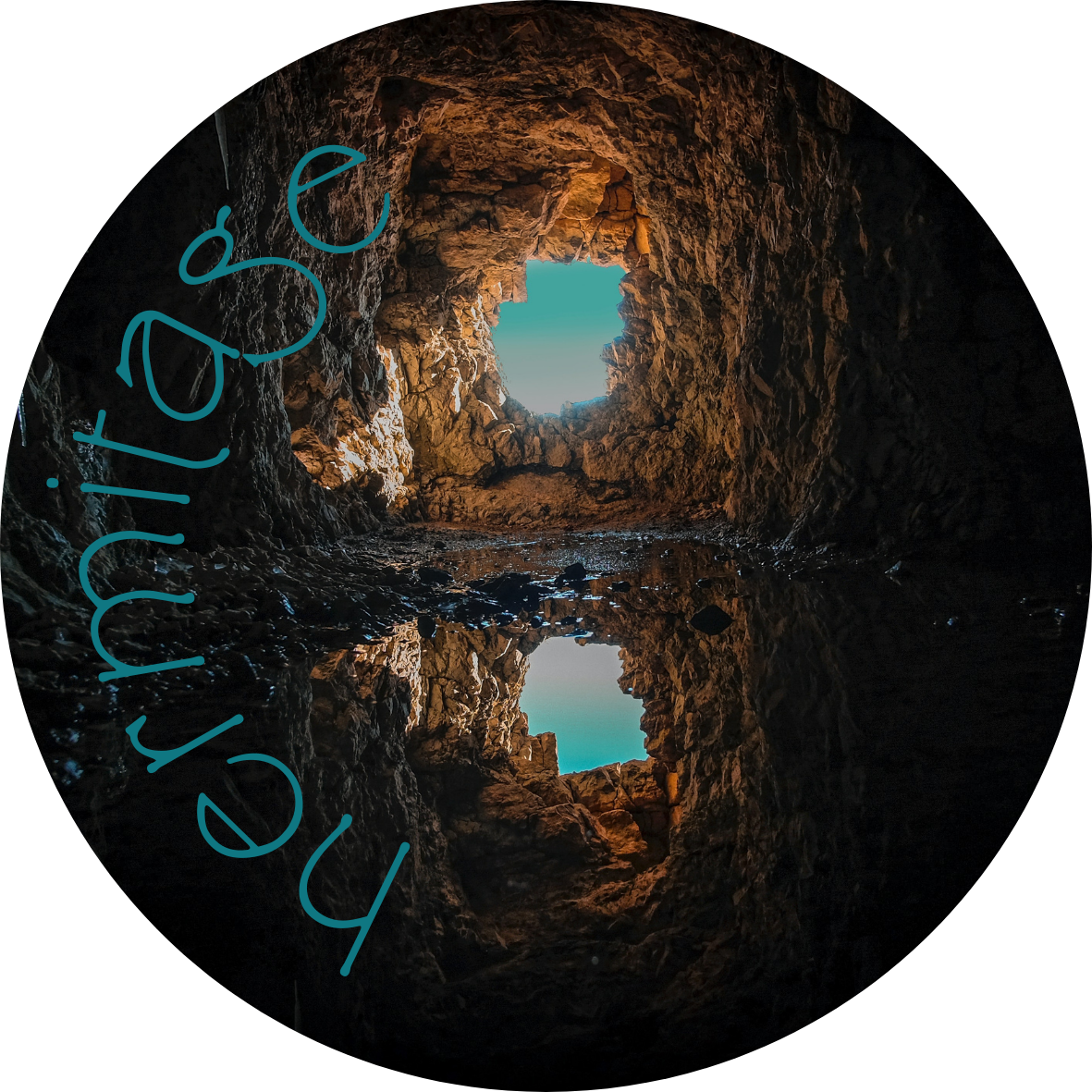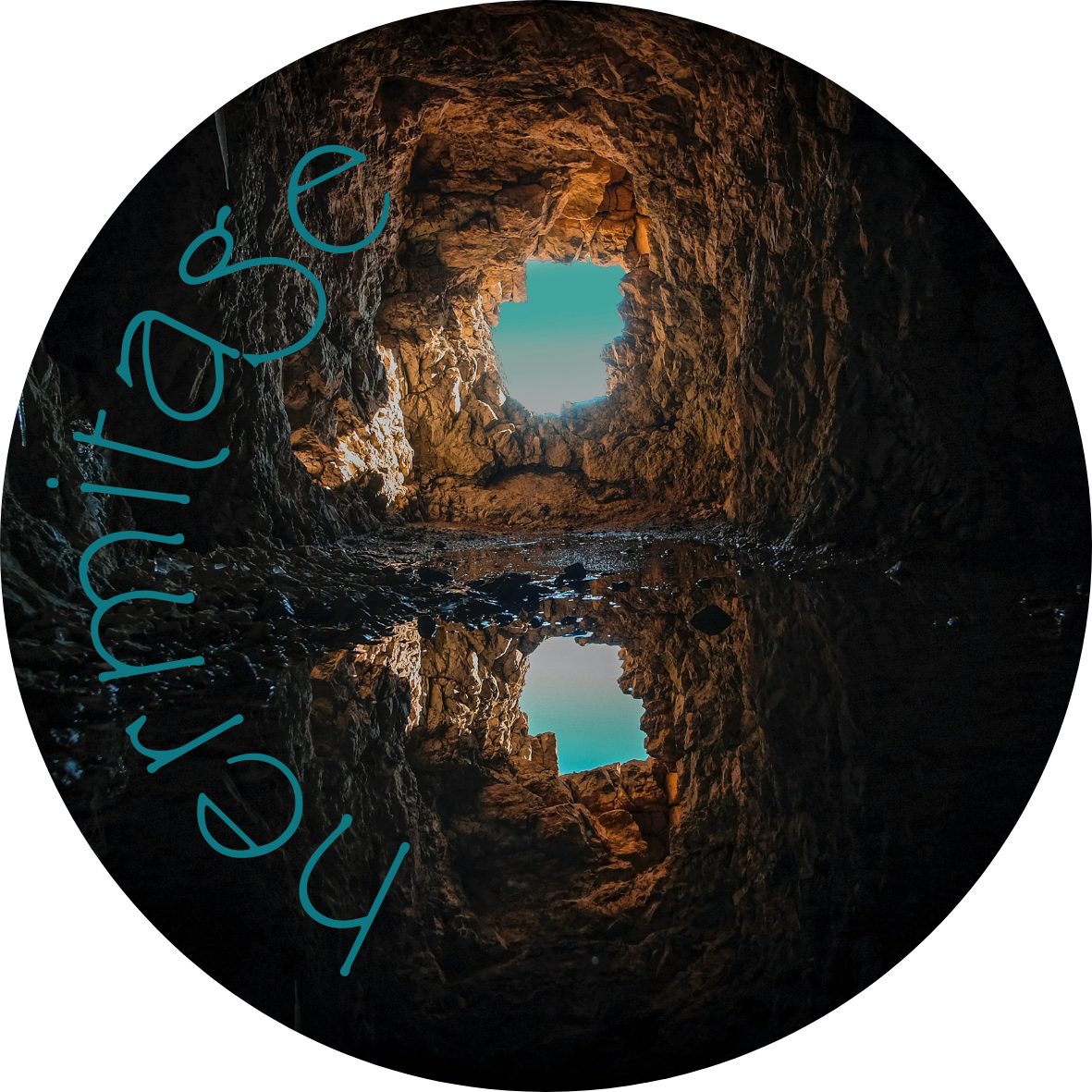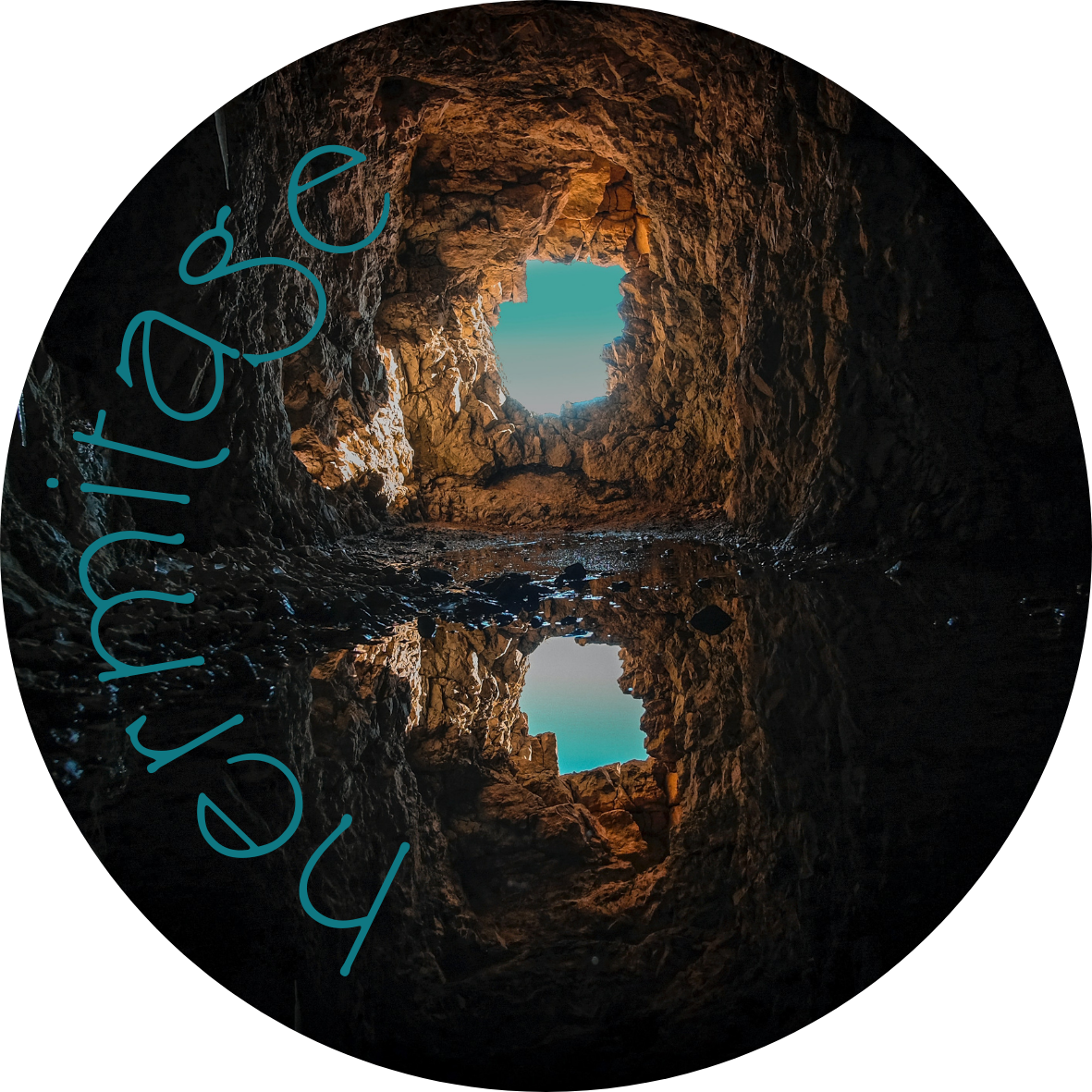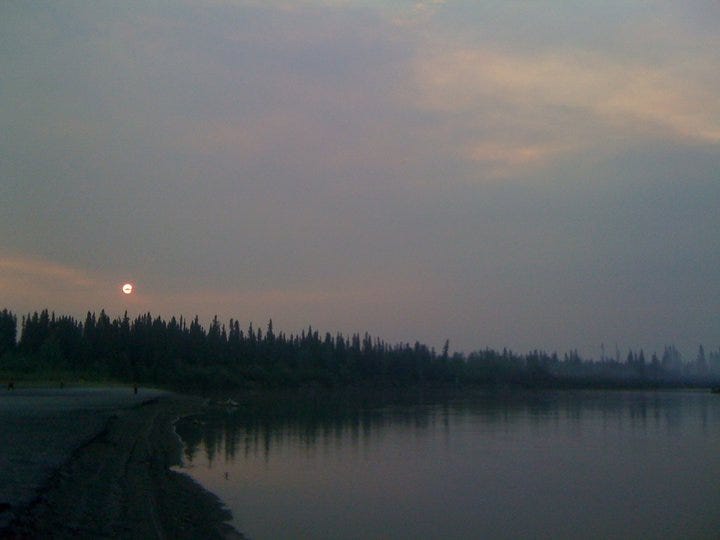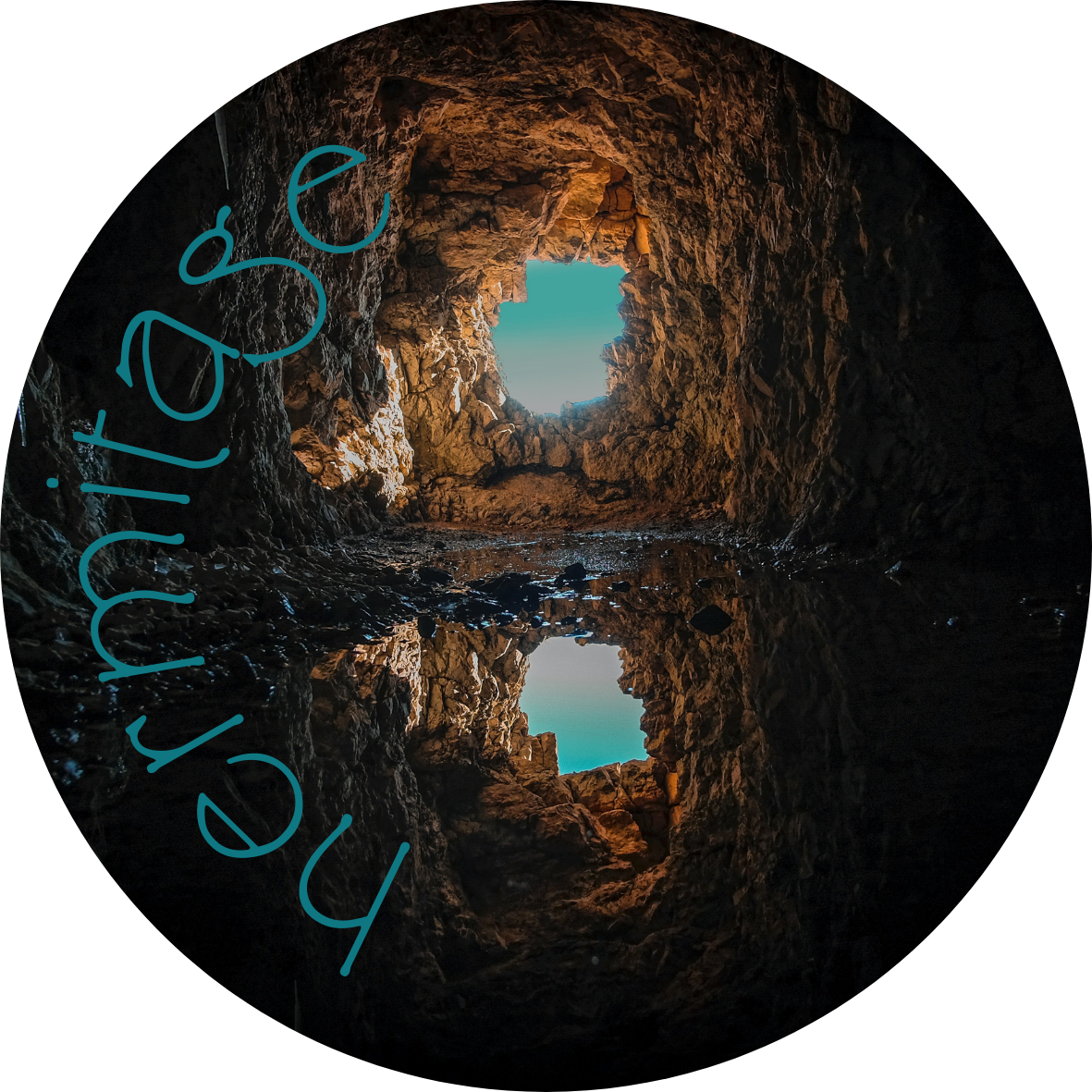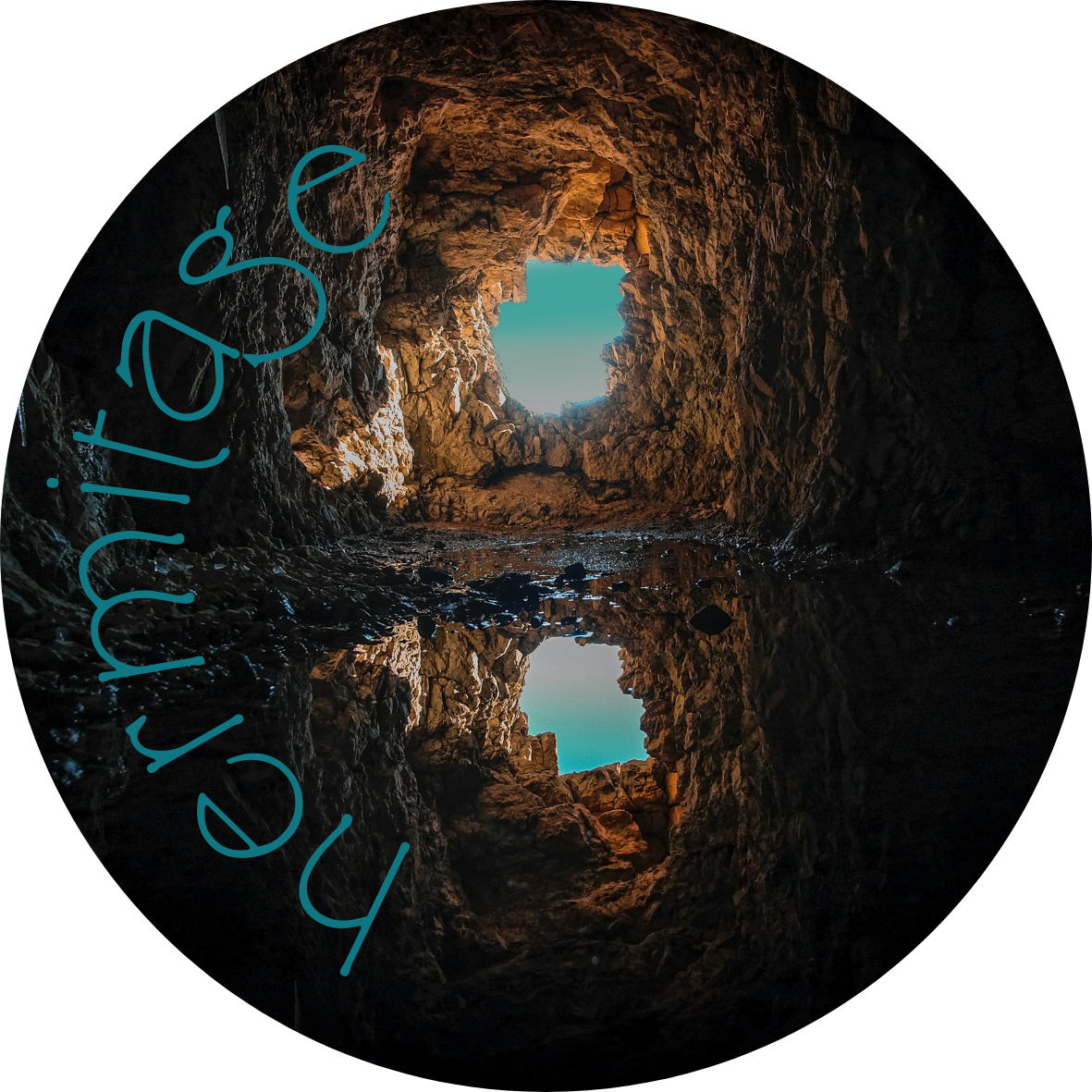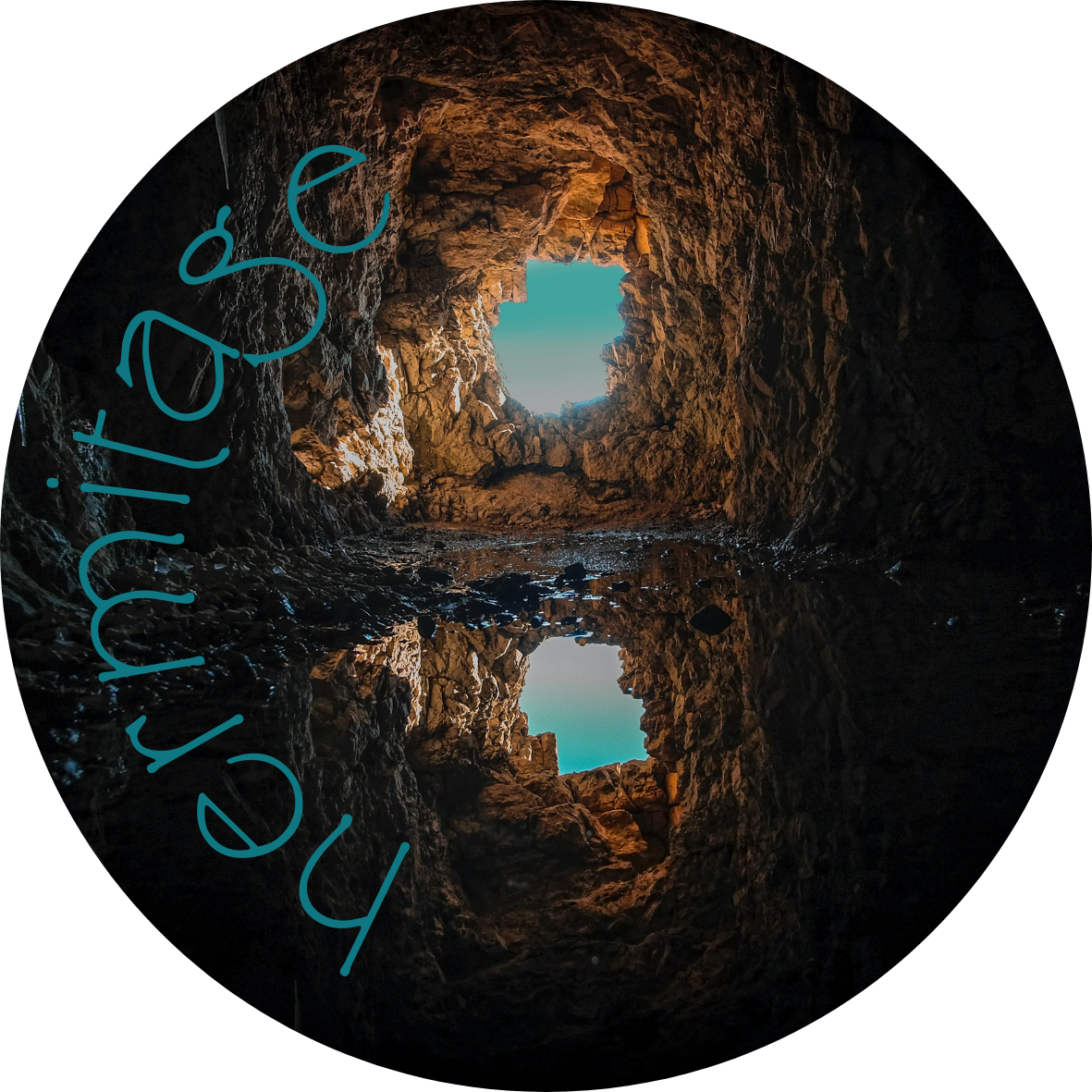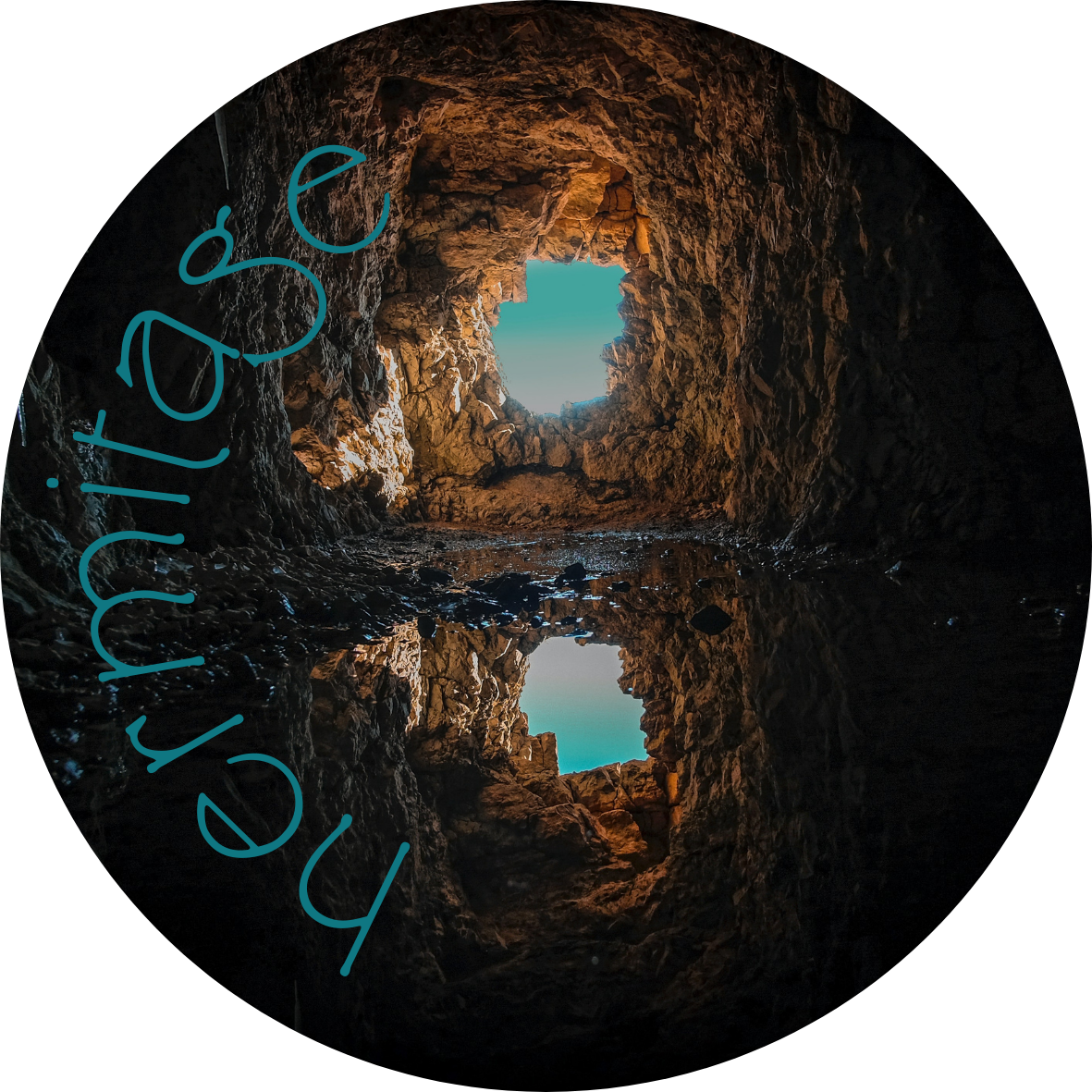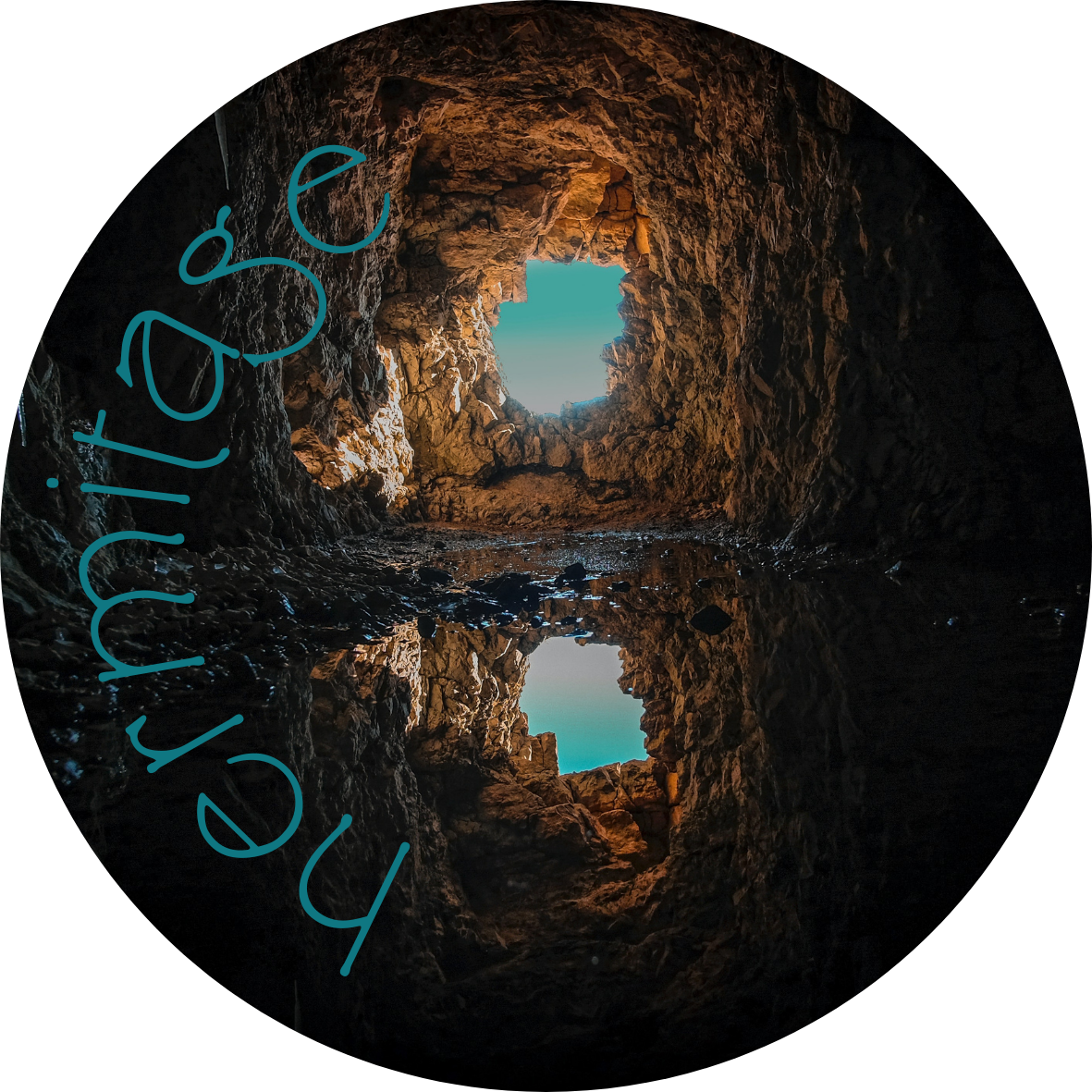When Your Mother Kills Herself, You Learn a Few Things
This week is National Suicide Prevention Week.
This essay contains triggering material. Read at your own risk, and with your personal discretion.
In the physical/spiritual/emotional space surrounding me, surrounding my life, there is an open window which will never close. My mother exited through that window; the breeze wafts into my world from outside, beckoning, from somewhere mysterious and also present. The curtain is white and sometimes red velvet, like the curtains in her bedroom from when I was a teenager. The curtain is always moving. I forget about the window sometimes but when I look, it is always there, always open. I can never close it. It is an entrance and an exit. My mother crawled through, crawled out, and forgot to close it behind her.
My mother’s suicide ripped off my skin. There is no other way to explain it. When I say the word “suicide,” people cringe and look away. Immediately after her death family and friends told the truth or lied, depending on their tolerance for pain. “Why don’t we just tell everyone she died of cancer,” my aunt said, but my mom didn’t have cancer, though she’d told everyone she did. My aunt told some of the family it was cancer. I repeated the phrase “my mom died of suicide” as if I were searing myself and everyone with a branding iron. I wanted to hurt people; I wanted to be seen and felt. I wanted to press up against the word “suicide” and see if it was real. I wanted someone to understand.
My mother was a liar but I was the only one who knew the truth of that. After she shot herself, after I passed the portal of her bloody mattress leaned up against the tall bush outside her Leschi rental house and folded the blankets from her bed with the dried blood on them and stood in the center of her bed frame staring up at the starry constellations of her brain matter on the ceiling, everything was truth. Faces staring at me from billboards turned grotesque. Everyone wore costumes, adornments hiding their true selves from each other. It was all so fake.
I held a memorial at her house and wondered why I was comforting everyone and why I felt so absolutely alone. Why my aunt followed me from room to room, asking for dishes and furniture my mother had inherited from my grandmother. Why my mother’s friends hadn’t listened when I told them something was very wrong, that my mother needed help. Why people were so idiotic and blind to reality, to suffering. Why it was too hard to see someone suffer. Why so many of them had answered someone else’s suffering with denial.
One of her friends got so drunk she broke the glass on the rental’s front door, and I had to pay for it. My mother left me two thousand dollars in an envelope marked Ana xoxo. I had nothing and was nothing. I’m too old to start over and the money is running out. There was no way for me to reason with my mother. She was gone. Irrevocably gone, the only real evidence of her liquid insides a half-full glass of chardonnay on her nightstand, next to one of the suicide notes. This takes courage. I am not a coward.
I had a week off work and took up smoking again. At the airport on the way back to Fairbanks I told my friend I’d be okay, I just had to be positive and get through this. When I got home the sun was bright in the sky and my neighbor picked me up in her yellow Datsun. “You’ve really been through the ultimate,” she said, and it was the truth. The most honest truth. And I was grateful for that.
I learned how scared people were. I could not be scared of my mother’s suicide because it was my life. I wanted comfort, but I terrified people in my grief. Two days after arriving home I was called to a fire near the Kantishna River in rural Alaska. We flew out there in a helicopter and I contemplated opening the flimsy door and hurling myself into the air, falling into one of the mirroring pools of water below us. I watched the reflections of the sun and sky on the tundra and imagined all the other worlds through all the other windows.
My mother came back as a bear. She wanted the food we’d hung up on a tree.
In the midnight twilight of the Alaskan summer I awoke, having fallen asleep trying to hold my crying inside my skull so no one would hear me. I heard the rustling and knew it was her. I unzipped my tent and paused, listening to the spiraling calls of the Swainson’s thrush. No one else was stirring. I stepped one foot outside onto the soft, woody ground, leaning out, peering out, stepping the other foot out, stepping up and out until I could see my mother with her nose in our burlap trash bag. “Hey!” I yelled, and clapped my hands. My mother looked up at me and for a moment fear blossomed in my chest, but her gaze returned to the trash, where she stuck her nose again.
Can I just tell you we shot the bear? Without me having to tell you how the bear ran away and then returned, how the shotgun sounded not once, but twice, how the seven people in our camp circled around each other, trying to figure out what to say or do, wondering if there was another bear around, if it was safe in our tents? Can I tell you the bear died without having to tell you that the gunshot made me think of the gunshot? The explosion that obliterated my life along with hers? That I died when she died? That I left out the window and had to find my way back?
There are always so many questions. I want people just to understand. I died, but I had to keep living. It was the most terrible thing, and I had seen so many terrible things already. No one knows unless they know.
I visited my mother the next morning. Her tender pink tongue lolled out of her snout, resting on her sharp teeth. Her eyes were closed. I caressed her fur, which was rougher than I expected. One of the guys from a Native Alaskan crew camped out near us said that when you skinned a bear it looked just like a human. My mother lay there, her sharp claws useless, as if she were sleeping. I said goodbye, and that I was sorry she had to die.
I had tried to help her, you see? My mother. She was my only mother and I was her only child, and somewhere along the line we chose each other, for some reason. When she told me she was sick, white wine slicking up her words and making them loose and slippery, I knew she was lying. The knowing lived so deep inside of me that I didn’t think it was true. But it began to surface. I moved to Seattle from half a country away, to save her. I would save her like I had always saved her, except I had nothing left to give her because I was dying myself.
She invited me. Her invitation was a lie. Come with me, I am sick. I have no one but you. You have always saved my life (I have told you this since you were young enough to understand). What would I do without you? Yet you cannot be you. You must be what I want you to be. Yet I will not tell you exactly what that is, though you are willing and have expressed your willingness. It’s a trick. I don’t know what I want you to be because I don’t know what I am.
I imagined that I was a hero and a victim. I cowered. I took a night shift job housekeeping and rented a basement room in West Seattle. She got mad because I wouldn’t live with her but when she blacked out she was someone else, something else, something terrifying and from far away. She got mad in the car, at restaurants. She drank and drank more. I searched her drawers for evidence of cancer. I asked to go to the doctor with her. I took the job in Alaska, knowing it was another kind of window, a way out if I needed a way out.
Was my mother this sad woman on the couch with her glass of wine in front of the television, with unbrushed teeth and scraggly hair and so much hopelessness? That mother, the sad one, I wanted to help her. Or was my mother this terrible ghost saturated with wine and spitting with rage like some sort of dragon? Would my mother kill me? I was scared of her. I didn’t know then she had the gun already. One night, when she begged me to stay over, I couldn’t sleep. There was a vibrating. The whole house, vibrating with something, and I couldn’t sleep. I kept thinking she would kill me, and then feeling guilty for thinking she would kill me. I didn’t sleep.
When I left you for Alaska you were wearing the fuzzy jacket that you loved so much. We hugged. Your body was larger and softer than it had ever been. We cried. Our tears melted together when our cheeks touched and all the times we’d cried together moved through me, because time isn’t linear and we are always living everything. I asked you to please call the counselor whose card I’d given you. I told you again, when we released each other, that I’d stay if you’d get help. You shook your head, and I left for the airport.
The dull golden circle on the floor of my yurt. The space between us. In the Fred Meyer parking lot in my black beater Ford Ranger I called you and said I felt like you were lying about the cancer. I told you it was okay. That we’d all still love you. And your throat caught. For a moment I felt a release, an opening, but it closed and you said you didn’t know what I was talking about.
The dull golden circle on the floor of my yurt, the fire I’d started in the wood stove although it wasn’t cold. I needed to burn things. Your voicemail was full and it was very very late and you always returned my calls. Had I put these miles between us, or had you? Either way, they meant someone else found your body, though I was on the line, and present enough to hear the scream and to scream myself. I’d never heard a sound like that, that animal sound. I’d never felt anything like that before. I’d never really died before, but I died, and the world wasn’t real anymore.
We’re back to the bloody mattress, but before that there was the liminal space where I thought the lie was true. No one told me about the gunshot and on the plane to Seattle, staring out into the pinkish sky, I thought I saw you there, peaceful and floating. It had been cancer after all, I told myself, relieved and regretful of my own stupidity. I saw you out there and it was peaceful, for a few hours.
What have I learned? That without you, I grew into who I was meant to be, but also that it’s not okay to say that. that I may have turned into this person no matter what, you, or no you.
That we as humans turn thoughts over like coins when they are really more like clouds, always changing, never graspable. That there is no closure. There is no closure for me and so many of us, and the idea that we need closure to be whole is, well, are we whole? Are we ever whole? What does it mean to be whole? To move on? I will never move on. I am not moving forward. This is not some kind of linear path. My mother was convinced she was too old to start again. She wasn’t. But someone convinced her of that. That being old was worse than death. That her physical beauty was the most important thing. That money, and living without it, meant she was worthless.
I dream of you. Sometimes I dream that you come back and beg me to forgive you for lying about your own suicide. When I wake up from these dreams I feel the sadness that you must have felt. I feel it, and I understand, though I wish I could change it. I wish you were still here, living a good life. One where you loved yourself.
It has gotten easier, but “easy” is relative. What I live with is what I live with. I am alive again. I do know that much. The window is there, and it is open, and I see it, and I am alive. For that, I am grateful.





